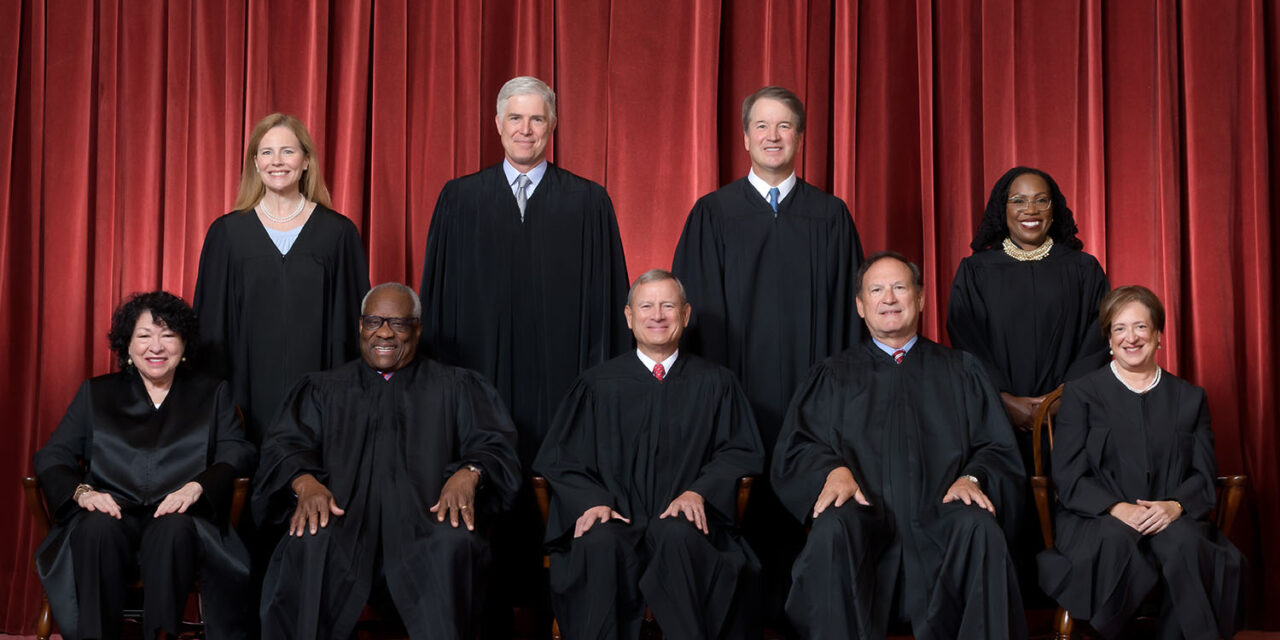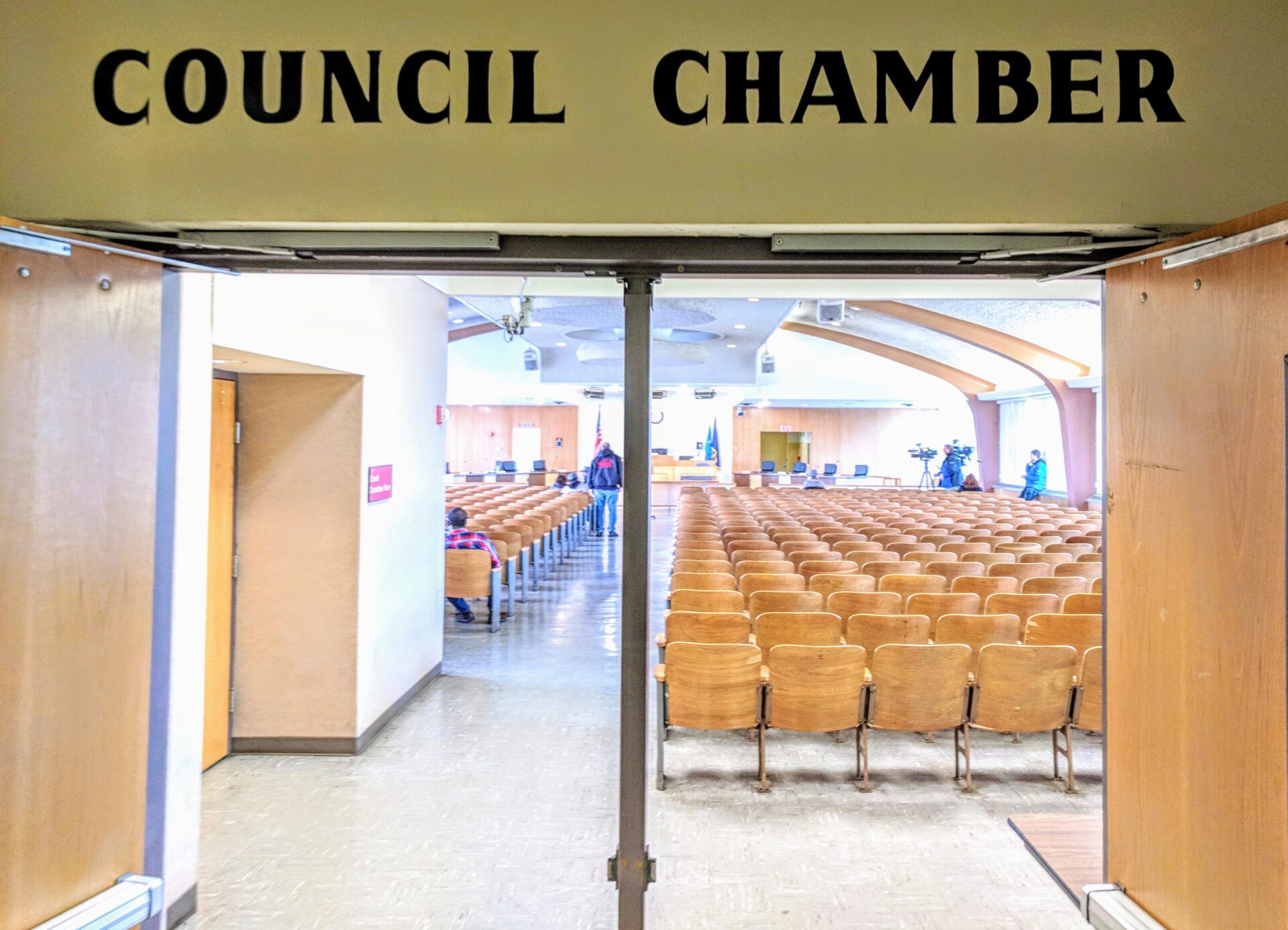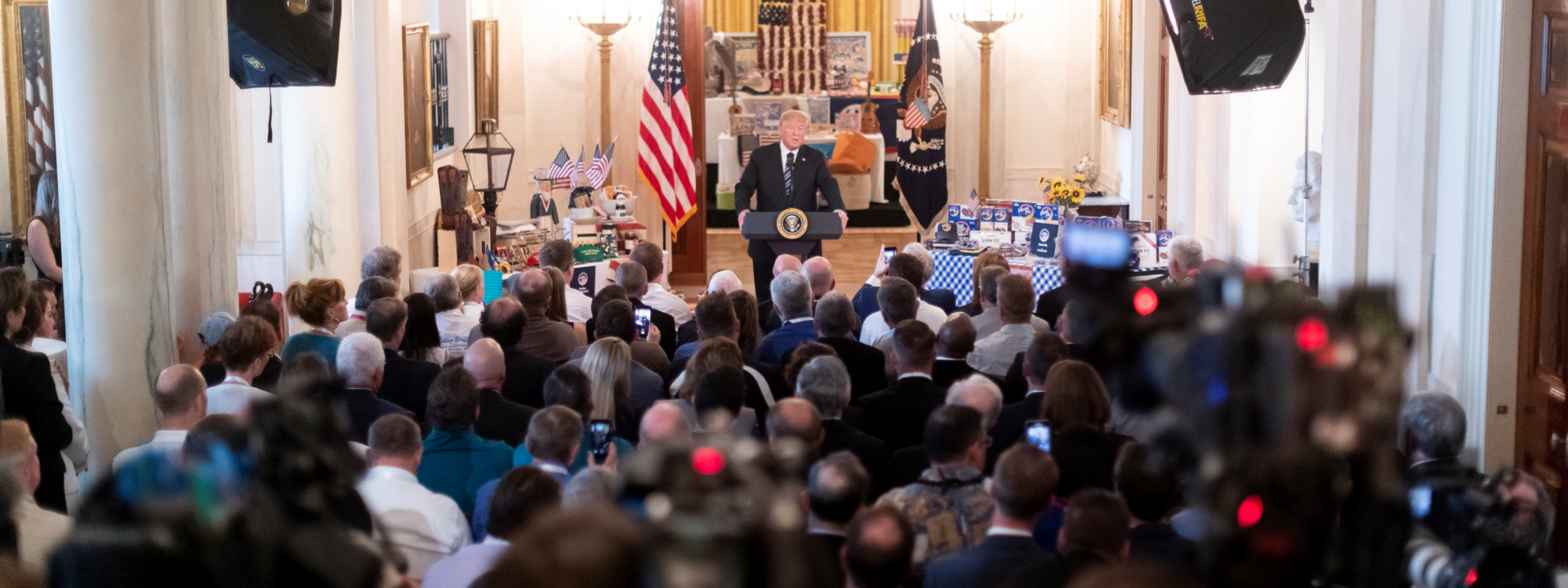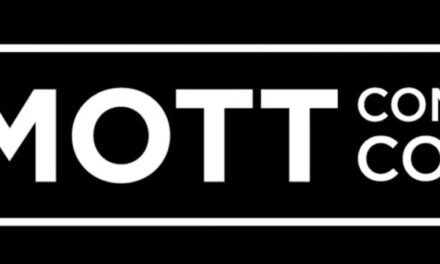By Paul Rozycki
As is tradition, the U.S. Supreme Court began its 2025-26 term on the first Monday in October.
While every year brings a host of important cases in front of the nation’s highest court, this year may be more critical than ever. With a president pressing to expand the limits of executive power and a Supreme Court bench that currently has a 6-3 conservative majority, there is much to watch in the months to come.
Perhaps most pressing is the long list of cases in which appeals courts have ruled to limit President Trump’s actions. At a time when the Republican majority in Congress has been unwilling to act as a check against executive power, more than a few federal courts have done so, at least on a temporary basis.
Already there are more than 300 lawsuits challenging the president’s decisions in his second term, outlined by the Associated Press late last month. Though that list is likely to grow before I finish writing the next paragraph, what follows are some of the appeals court rulings, aimed at limiting presidential power, that are likely to be decided by the Supreme Court this year.
The “shadow docket”
While the current conservative majority of the Supreme Court often supports the president’s actions, the administration has gone further to gain an advantage.
In more than two dozen cases, the Trump administration has asked the Supreme Court to use emergency action, often called the court’s “shadow docket,” to make a quick ruling and allow actions to take place as litigation continues. This is a dramatic increase from past practice. Such cases are often heard quickly, without a full hearing or written opinion. This maneuver has allowed the administration to follow some of its contested immigration policies and dismiss some officials as the cases proceed.
In addition to the cases on the court’s shadow docket, there are many others that are confirmed or could come before the court this term.
Tariffs
One major upcoming case, Learning Resources v. Trump, involves a decision in which the Federal Circuit Court of Appeals ruled that the International Emergency Powers Act, which allows the president to respond to “any unusual or extraordinary threat” related to national security, does not allow the president to impose tariffs as he did.
As reported by CBS, the Supreme Court will hear arguments in early November to decide the limits of President Trump’s ability to impose tariffs on many nations.
Birthright citizenship
President Trump’s plan to end birthright citizenship in the U.S. has already faced several complex challenges. On one level, the Supreme Court has ruled that lower federal courts do not have the power to issue nation-wide rulings, but the justices have not ruled on the overall power of the president to impose a ban on birthright citizenship.
The 14th Amendment states, “All persons born or naturalized in the United States, and subject to the jurisdiction thereof, are citizens of the United States and of the State wherein they reside.” In 1898, a U.S. Supreme Court decision (United States v. Wong Kim Ark) said that anyone born in the United States is a citizen, even if the parents were not.
After rewriting an appeal from four states, an appeals court ruled that the president’s ban on birthright citizenship was unconstitutional. That case, Trump v. State of Washington, is scheduled for appeal to the full U.S. Supreme Court.
Firing members of independent agencies
The president’s attempts to remove members of the National Labor Relations Board, Merit Systems Protection Board, Federal Reserve Board of Governors, Consumer Product Safety Commission, and the Federal Trade Commission, among others, have led to court challenges from those who were dismissed.
A 1935 Supreme Court decision, Humphrey’s Executor v. United States, limited the president’s ability to dismiss members of many independent agencies without cause, and a lower court cited that decision when they ruled the president’s recent dismissals violated federal law.
However, in an emergency ruling, the Supreme Court allowed the dismissals as appeals proceeded – though it recently deferred action on whether President Trump can immediately fire Federal Reserve board member Lisa Cook. According to NBC, the court instead agreed to hear oral arguments in January 2026.
As reported by Business Insider, the Supreme Court is likely to overturn the 1935 precedent or limit it greatly.
Deportations
In his attempt to deport some of those considered to be illegal immigrants, the president has relied on the Alien Enemies Act of 1798.
Trump has used the act to deport Venezuelan migrants he claimed were gang members, and several lower federal courts have blocked or delayed the removals indicating that those facing deportation must receive notice and have an opportunity to challenge it.
In the case of Kristi Noem v. National TPS Alliance, the administration has asked the Supreme Court to withdraw the protections for 300,000 Venezuelans and allow deportations to take place.
Gender
Gender issues are also on the table for the Supreme Court’s 2025-26 term.
The case of Chiles v. Salazar will decide if a state law that prohibits counselors or therapists from advocating gender conversion therapy is a violation of the First Amendment guarantee of freedom of speech.
A separate case, Little v. Hecox, will deal with the issue of transgender individuals playing in women’s sports and whether a state law that limits participation of one’s “biological sex” is a violation of the equal protection clause of the 14th Amendment.
Elections
There will likely be cases dealing with various attempts to draw new election districts in Texas, California, and other states prior to the 2026 election, some of which I discussed in our last issue.
The case of Louisiana v. Callais will determine whether the creation of a second Black majority district in the state violated the Voting Rights Act of 1965, which prohibits practices that diminish the voting power of minority voters.
The case of National Republican Senatorial Committee v. Federal Election Commission will decide whether the restriction on campaign expenditures coordination between individual candidates and political parties violates the First Amendment’s guarantee of freedom of speech.
Here in Michigan, Secretary of State Jocelyn Benson joined with five other states to refuse disclosure of personal voter data such as date of birth, driver license number and the last digits of one’s social security number. The Department of Justice has sued to collect the information and this case, too, may reach the Supreme Court this term.
Environmental cases
The Supreme Court will also decide two cases that seek to change the venue for future environmental litigation.
Chevron and Exxon Mobil have been sued by two local governments in Louisiana who have accused them of harming the state’s coastal environment over the past several decades.
The two companies are trying to move the case from state court to federal court, where they expect a more favorable reception. A previous court ruling blocked the attempt to move to federal court.
In a similar move in Michigan, Enbridge is facing a lawsuit that would block it from operating an oil pipeline under the Straits of Mackinac out of concern for potential environmental harm. Enbridge is also trying to reverse a lower court ruling and move their case to federal court.
What’s next?
That’s only a short list of the cases that the court may be dealing with this year. Many more are likely as the current administration sends federal troops to cities, indicts political adversaries, threatens late-night comedians, and offers dubious medical advice. Regardless, with a president who is set on expanding his executive powers, this year’s docket may prove impactful far beyond the Trump presidency.
This article also appears in East Village Magazine’s October 2025 Issue.







